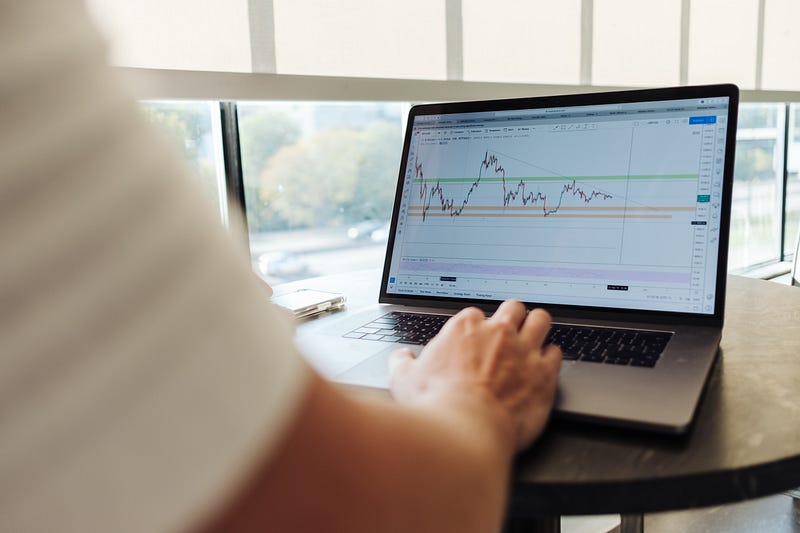Dear Readers,
Thank you for coming here!
Have you ever done below?
- Sold a great stock at a 10 or 20% gain, only to see it skyrocket shortly after
- Held a bad stock for the longest time, only to see it drop to the bottom
If you have done so and more than a few times, you are definitely NOT alone.
I am with you totally. I have done this with quite a few stocks for quite a few times in my not-so-long investment journey.
When I recalled my experiences and my thinking process leading to the decisions, I realized that it was due to the mismatch between the behavior of the Stock Market and the behavior of my own.
The stock market, maybe most of the things in this world, follows Matthew Effect, while my behavior followed Anchoring Effect and Mean Reversion.
Let me explain.

1.Matthew effect for the stock market
Matthew effect, simply put, is
- The strong get stronger and the weak get weaker
- The rich get richer and the poor get poorer
If you meet your university peers 2 or 3 years after graduation, you wont see much difference in most of them. They will be in similar levels of their career and making roughly the same pay as you. You might disagree with me by pointing out that some of them make twice as much as the others (6k vs 3k), such as banking and consulting employees. But trust me, the difference of a few thousand is nothing, compared to what is coming.
If you meet them 10 years after graduation, you will see a huge gap between those who are doing well and those who are just getting by. For example, those who get into the leading start-ups in the Tech industry could be already financially free, while some others are struggling to keep their jobs amid Covid.
If you meet them 30–40 years after graduation, probably you will have nothing to talk about rather than the common experience you had in University.
Those who do well will do better, while those who don’t will get worse.
This is also the case in the stock market.
The capital inflow concentrates on the leading companies in good industries, pushing their stock prices higher and higher.
On the other hand, the rest of the stock will continue to tank due to lack of capital.
The more mature the stock market, the more obvious the trend.
In the US, this has been the case for a long time: trades concentrate on leading stocks.
In China, the trend has officially been recognized this year. In January, the index climbed up while more than 2/3 of the stocks dropped in prices.
The days for shorting penny stocks are over.
So, in stock market, the trend is that good stocks will command higher and higher prices, while bad stocks will suffer from lower and lower interests and prices.

2.Anchoring Effect and Mean Reversion for my behavior
Anchoring effect is “a cognitive bias where an individual depends too heavily on an initial piece of information offered (considered to be the “anchor”) to make subsequent judgments during decision making”.
Mean reversion is “a theory implying that asset prices and historical returns gradually move towards the long-term mean”.
Anchoring effect makes me treat the stock price when I start to track it or the buying price as the baseline.
Mean reversion makes me believe that the stock price will tend to revert back to the baseline.
Therefore, when a stock price rises by 20%, I start to believe that it will revert soon and start selling.
When a stock price drops by 20%, I again start to believe that it will revert soon and continue to hold or start buying.
Therefore, I can only hold good stocks for short term and enjoy limited gains, but hold bad stocks for the longest time and suffer big losses.

Summary
On one hand, good stocks will command higher and higher prices, while bad stocks will suffer from lower and lower interests and prices.
On the other hand, the average investors suffer from treating their buying price as baseline and believing that the stock prices will revert back to it.
As a result of the mismatch, they let go of the great stocks at 10–20% gain while holding on to the bad stocks which will bring them higher and higher losses.
So true that we need to go against human nature to succeed in investing!
Till next time!

No comments:
Post a Comment